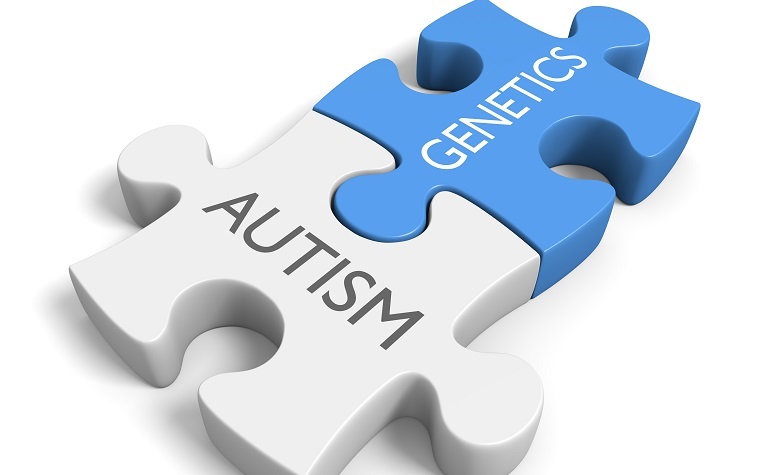
Dr. Peter Gerhardt, an autism educator who is internationally known for helping adults and adolescents who have autism and the executive director of the EPIC school (Educational Partnership in Instructing Children) in New Jersey, recently answered questions about a 23-year-old autistic woman who is starting to show signs of stress.
The young woman is able to express herself as well as respond. She has made significant improvement, even holding a community job at a day center. Unfortunately, she has shown recent signs of being unhappy, humming when she is upset. When humming doesn’t soothe her, she begins to speak in gibberish that she hadn’t said since early childhood.
Her parents are concerned, wondering whether they should leave her be and allow her to express herself, in addition to whether this behavior is even typical for people with autism as they develop into adults.
Unfortunately, anxiety and stress are common for people with autism because they don’t have the skills to handle anxiety and stress with healthy coping mechanisms. Because of this, many people with autism turn to behaviors that were once calming or relaxing to them.
“Not knowing your daughter, I can’t say for certain, but it sounds like your daughter is using her best-learned responses -- humming and jargon phrases -- to cope with stress,” Gerhardt said. “The stress might relate to boredom, unhappiness about something in particular or an underlying anxiety disorder.”
Gerhardt is known for helping people with autism become successfully employed, educated and involved in community or residential living. His response to this query is not a diagnosis or treatment, and people should still seek personal consultation with a qualified professional.
“Leaving her alone to cope with her unhappiness may work, but at best I would view that as a short-term solution,” Gerhardt said. “For a lasting solution, I recommend that your daughter work with a cognitive behavior therapist in your area -- someone who has experience working with young adults who have autism.”